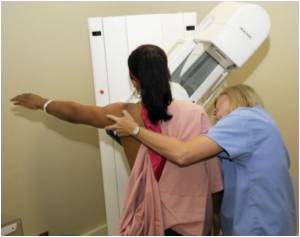
University of Haifa researchers' hypothesis was that LAN harms production of melatonin, a hormone that is released from the pineal gland during the dark part of the 24h cycle and which is linked to the body's cyclical night-day activity and seasonality.
In the current study, four groups of lab mice injected with cancerous cells were examined.
One group was exposed to "long days" of 16 hours of light and 8 hours of darkness, simulating exposure to artificial light beyond the natural number of light hours in a day.
A second group was exposed to the same "long days" but were treated with melatonin.
A third group was exposed to "short days" of 8 light hours and 16 dark hours and a fourth group was exposed to the same "short days" but during the dark hours was exposed to a half-hour interval of light.
Advertisement
The study also discovered that suppression of melatonin definitely influences development of the tumour.
Advertisement
The researchers said that their study results show that suppression of melatonin due to exposure to LAN is linked to the worrying rise in the number of cancer patients over the past few years.
"Exposure to LAN- disrupts our biological clock and affects the cyclical rhythm that has developed over hundreds of millions of evolutionary years that were devoid of LAN.
Light pollution as an environmental problem is gaining awareness around the world, and the World Health Organization's International Agency for Research on Cancer (IARC) has already classified working the night shift as a higher grade of cancer risk," the researchers noted.
Source-ANI













